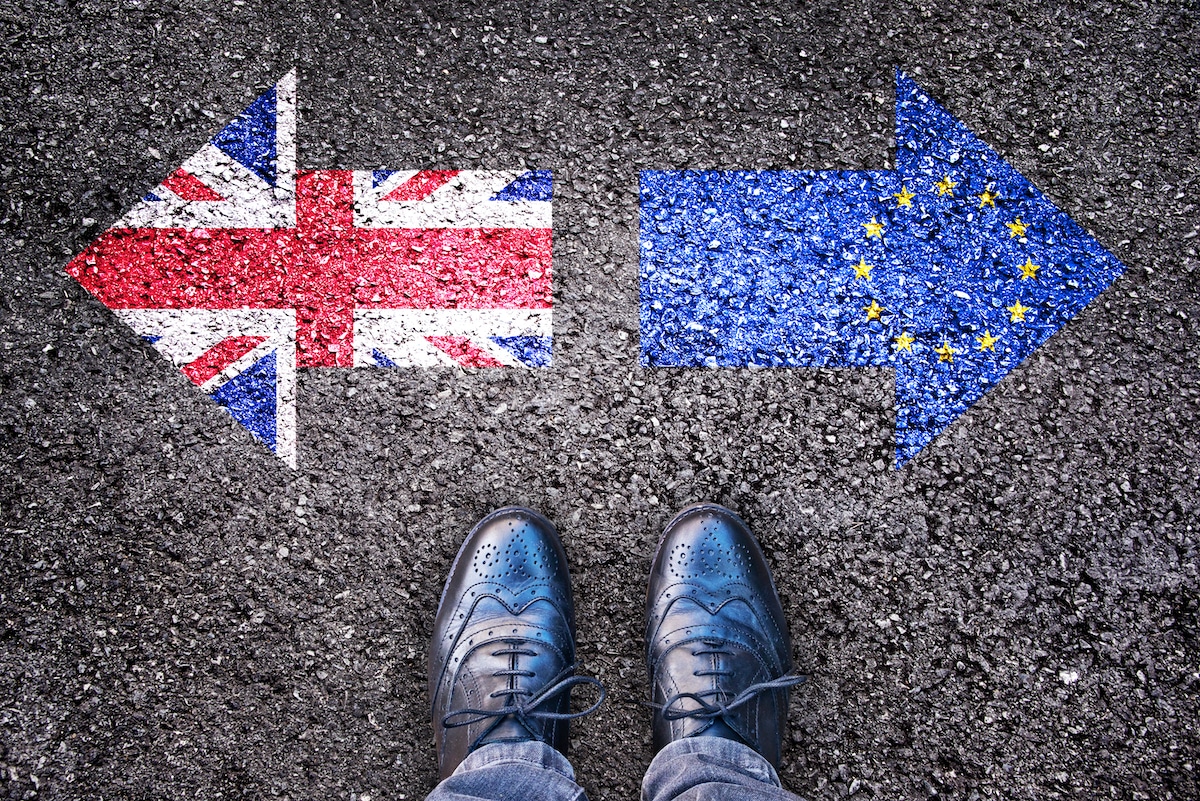The past half-century has been a rollercoaster ride of economic highs and lows, policy upheavals, and financial crises that have tested the resilience and adaptability of this nation. Unveiling the pivotal moments that have sculpted the economic landscape of the United Kingdom.
1. The Three-Day Week, 1974

In response to the energy crisis and in an effort to conserve electricity, the UK government introduced the Three-Day Work Week, leading to a sharp decline in industrial output and economic turmoil.
2. Winter of Discontent, 1978-1979

This period of industrial unrest and widespread strikes brought the nation to a standstill, eroding public confidence in the government and setting the stage for a change in political direction.
3. Thatcher’s Economic Reforms, 1980s
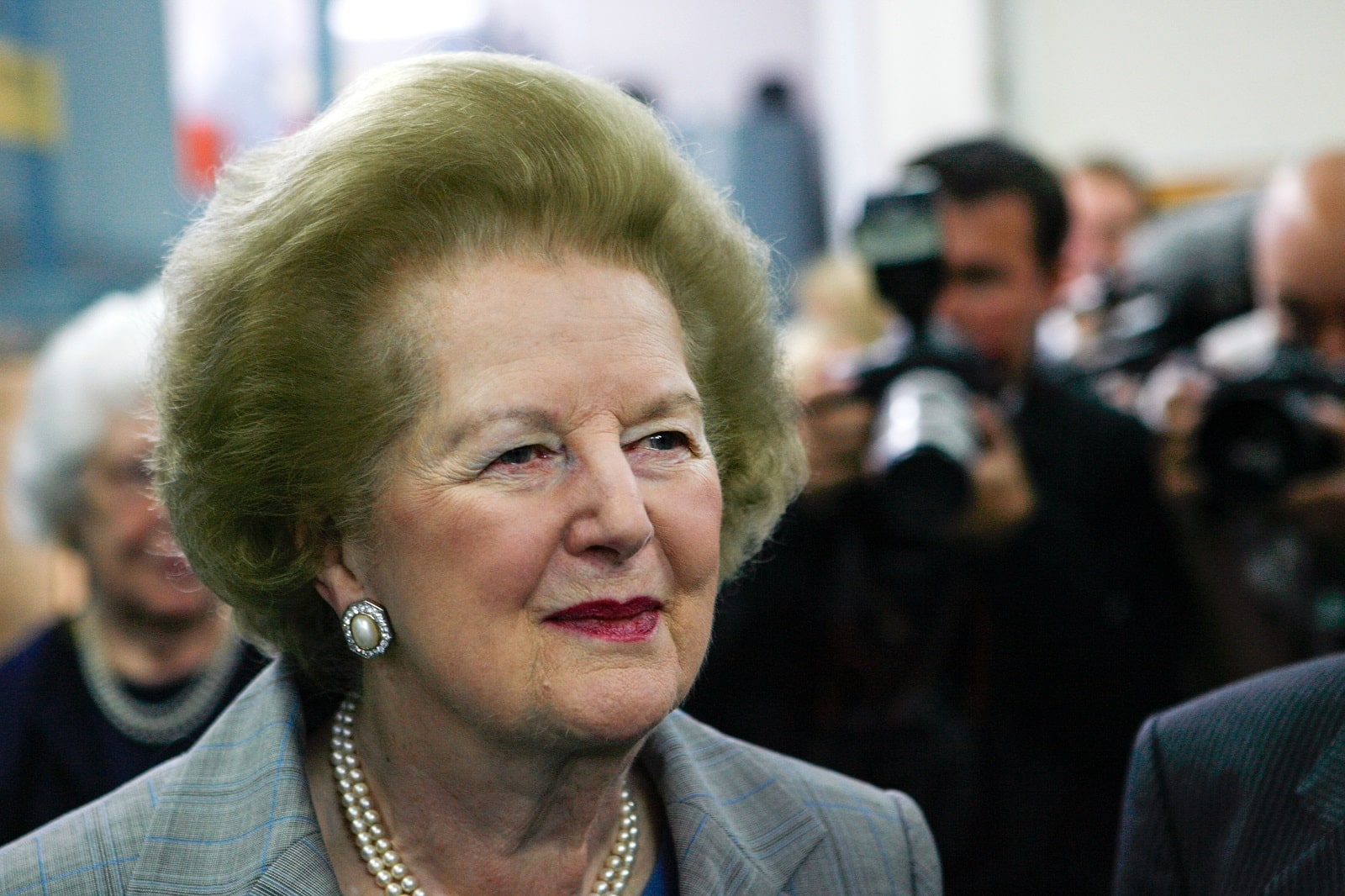
Margaret Thatcher’s sweeping economic reforms, including privatisation and deregulation, fundamentally altered the UK’s economic landscape, heralding a shift towards a free market economy.
4. Black Monday, 1987

The global stock market crash hit the UK hard, wiping billions off the value of shares on the London Stock Exchange and exposing vulnerabilities in the financial system.
5. ERM Crisis and Black Wednesday, 1992

The UK’s ignominious exit from the European Exchange Rate Mechanism (ERM) cost the economy dearly, leading to a devaluation of the pound and a loss of billions in reserves.
6. Dotcom Bubble Burst, 2000
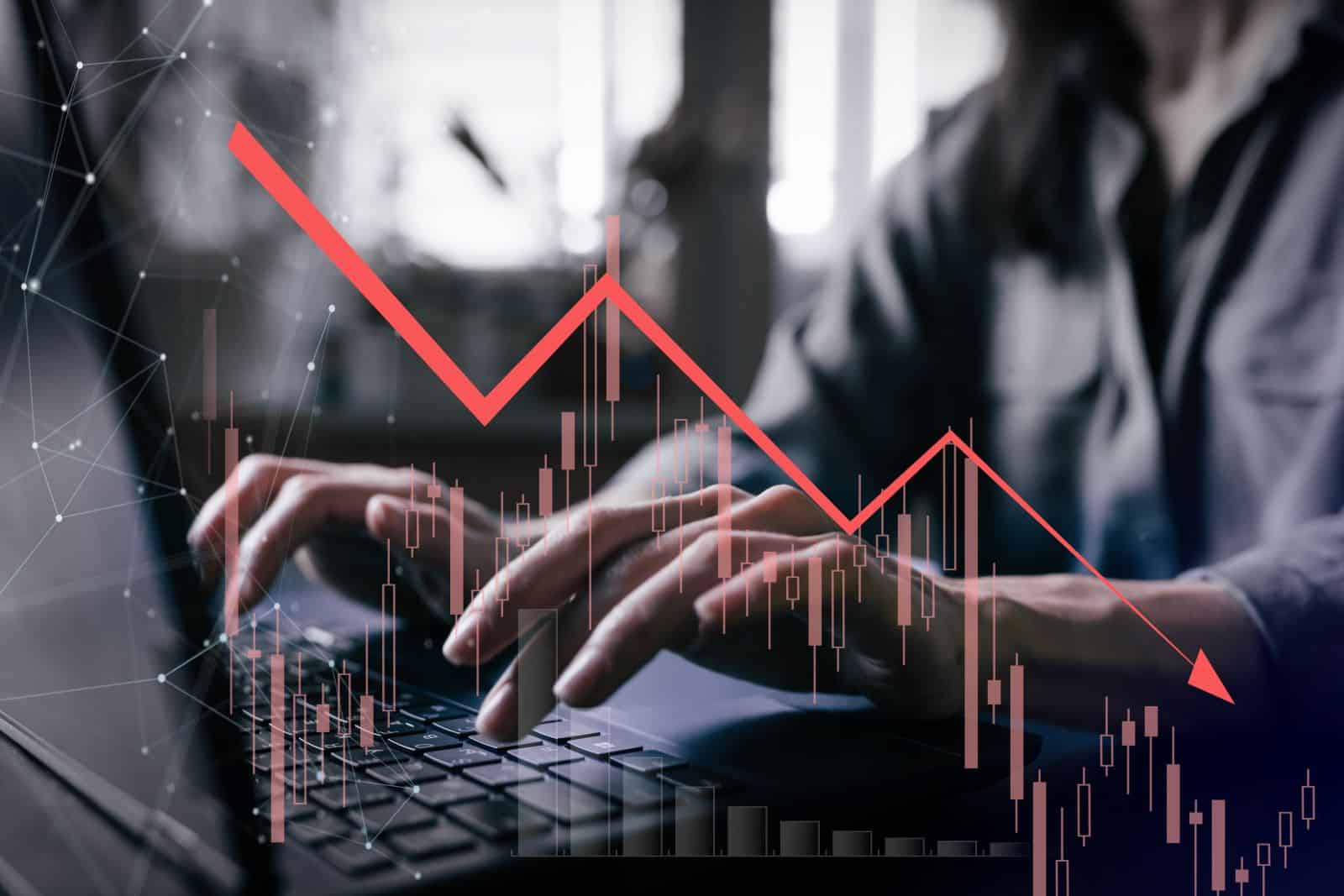
Although a global phenomenon, the burst of the dot-com bubble had significant repercussions for the UK’s burgeoning tech industry and investor portfolios.
7. Introduction of the Minimum Wage, 1999

The introduction of the national minimum wage was a landmark event, improving income equality but also stirring debate about its impact on small businesses and employment levels.
8. The Global Financial Crisis, 2008

The financial crisis of 2008 was a cataclysmic event, leading to the collapse of major banks, a massive bailout by the government, and years of austerity measures.
9. Brexit Referendum, 2016
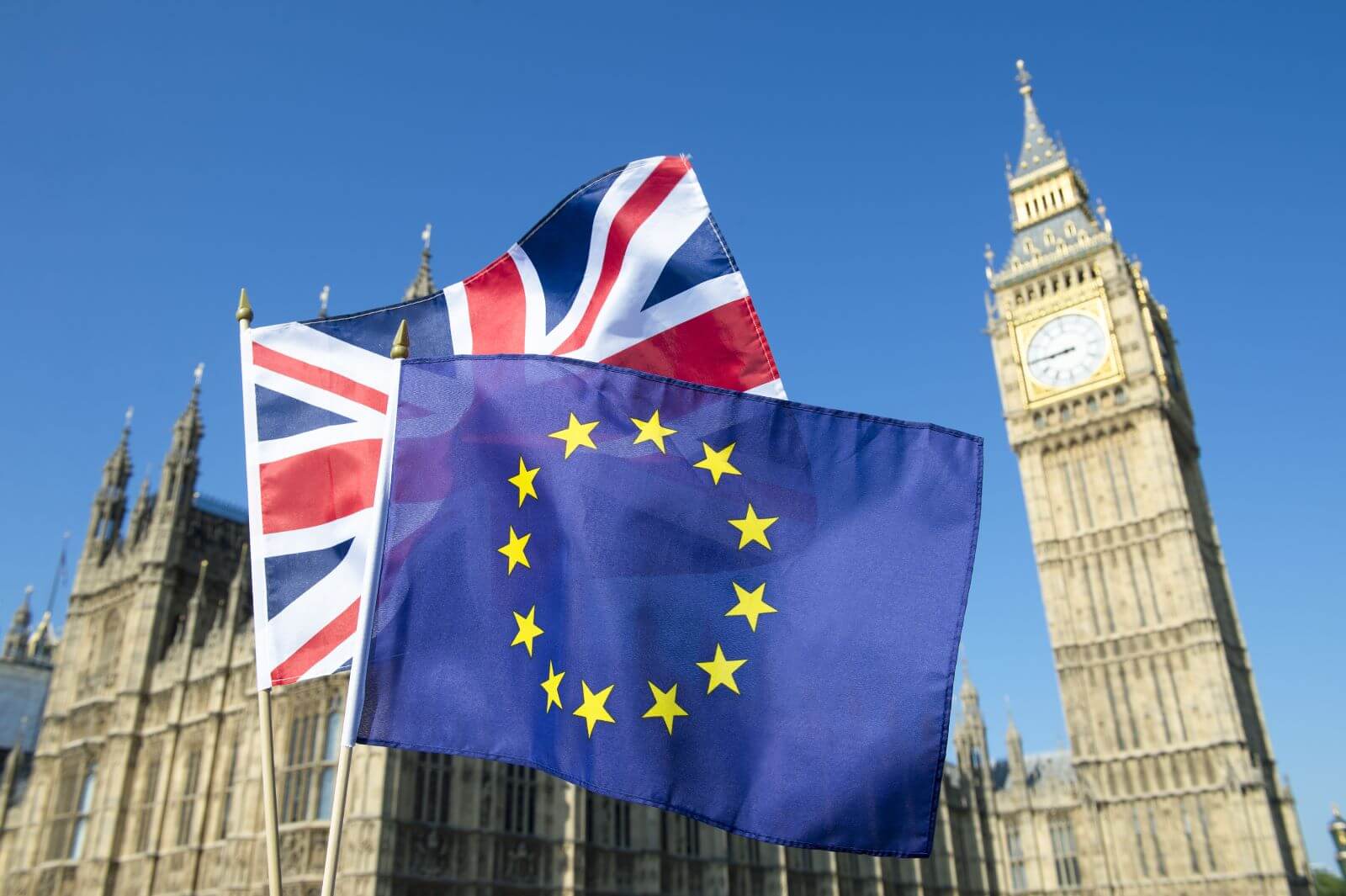
The decision to leave the European Union sent shockwaves through the economy, affecting trade relations, financial markets, and long-term economic planning.
10. COVID-19 Pandemic, 2020

The unprecedented global pandemic brought the economy to its knees, resulting in massive government spending to support businesses and individuals, and changing the face of work and commerce.
11. Introduction of Universal Credit, 2013

The overhaul of the welfare system with the introduction of Universal Credit aimed to simplify benefits but has been critiqued for its impact on the most vulnerable in society.
12. The Scottish Independence Referendum, 2014

Though Scotland voted to remain in the UK, the referendum stirred uncertainty in the markets and sparked ongoing debates about the future economic implications of potential secession.
13. The Rise of Fintech, 2010s

metamorworks
The UK’s emergence as a global fintech hub has transformed the financial services sector, attracting investment but also prompting discussions about regulation and stability.
14. The Housing Crisis Escalation, 2010s

The deepening housing crisis, marked by soaring prices and a shortage of affordable homes, has become a central economic challenge, affecting demographics and regional inequality.
15. The Zero-Hours Contract Controversy, 2010s

The rise of zero-hours contracts has sparked intense debate about job security and workers’ rights, reflecting broader changes in the labour market and economic policy.
16. London Olympics 2012 Economic Impact

The 2012 Olympics were hailed for their immediate boost to the UK economy, though debates persist about the long-term benefits and the distribution of gains across the country.
17. The Green Economy Transition, 2020s

The UK’s commitment to achieving net-zero carbon emissions by 2050 is driving a significant economic transition, with implications for energy, transport, and industry sectors.
18. The AI and Automation Advance, 2020s

The rapid advancement of AI and automation technologies is reshaping the economy, promising efficiency gains but also raising concerns about job displacement and inequality.
19. The Gig Economy Expansion, 2010s

The explosion of the gig economy has changed the nature of work for many, offering flexibility but also raising questions about employment rights and long-term financial security.
20. The Rise of Remote Work, 2020s

Accelerated by the pandemic, the shift towards remote work is having profound implications for urban economies, commercial real estate, and workplace culture.
21. HS2 High-Speed Rail Controversy

The contentious HS2 project, while promising to improve connectivity, has sparked debate over its economic justification and environmental impact.
22. The Retail Apocalypse and Rise of E-commerce, 2010s-2020s

The decline of traditional retail in the face of online shopping has reshaped the high street, with significant consequences for jobs and local economies.
23. The Bank of England’s Quantitative Easing, 2009-Onwards
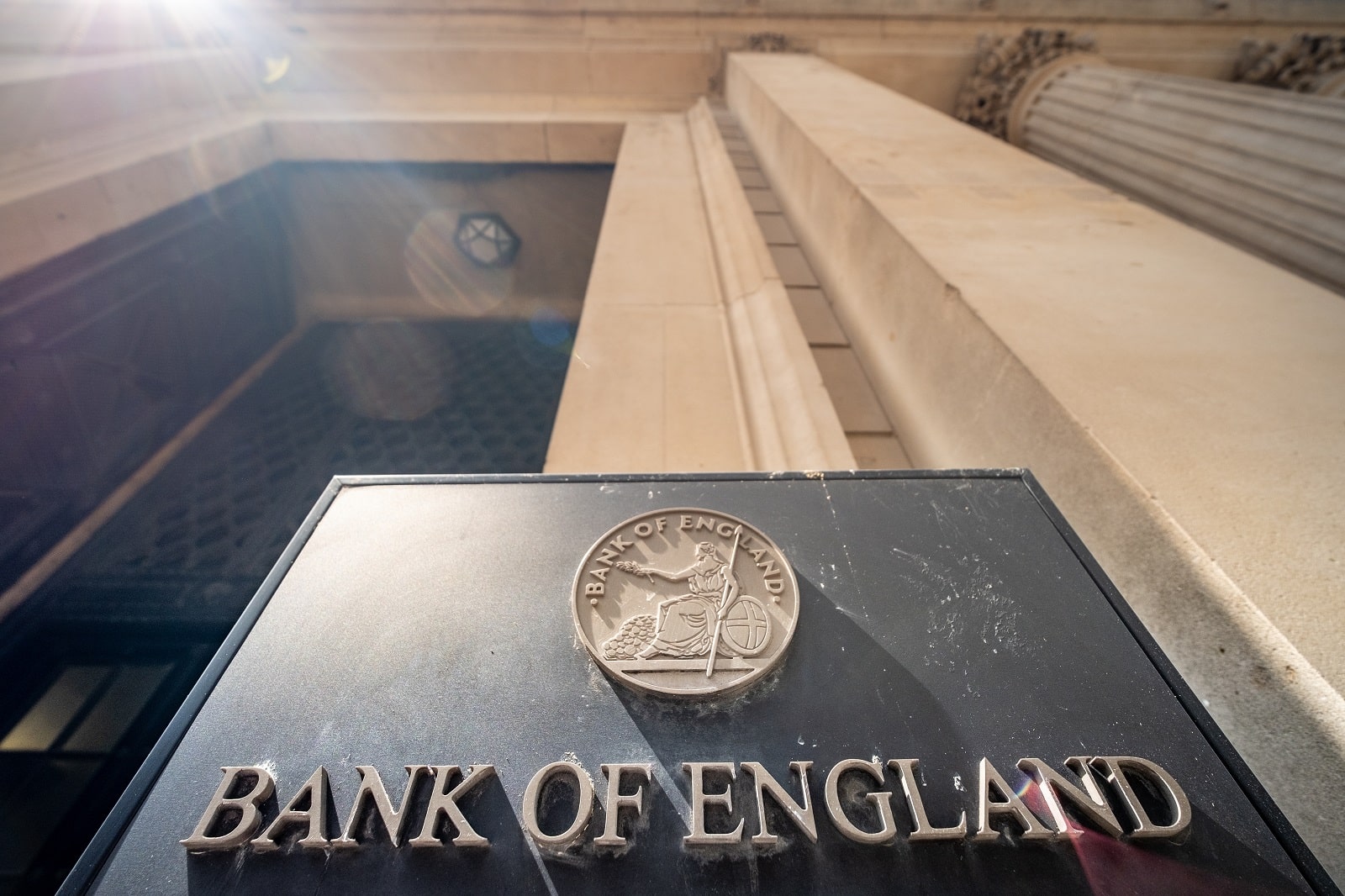
The Bank of England’s use of quantitative easing to stimulate the economy has been a subject of debate regarding its long-term effects on inflation and wealth inequality.
24. The Windrush Scandal’s Economic Ripples, 2018

The Windrush scandal not only highlighted issues of citizenship and rights but also had economic implications for those affected and the broader societal fabric.
25. The Challenge of Ageing Population, 2010s-Onwards

The economic pressures of an ageing population are increasingly felt in healthcare, pension systems, and the labour market, presenting a long-term challenge for the UK economy.
Navigating the Waves of Change
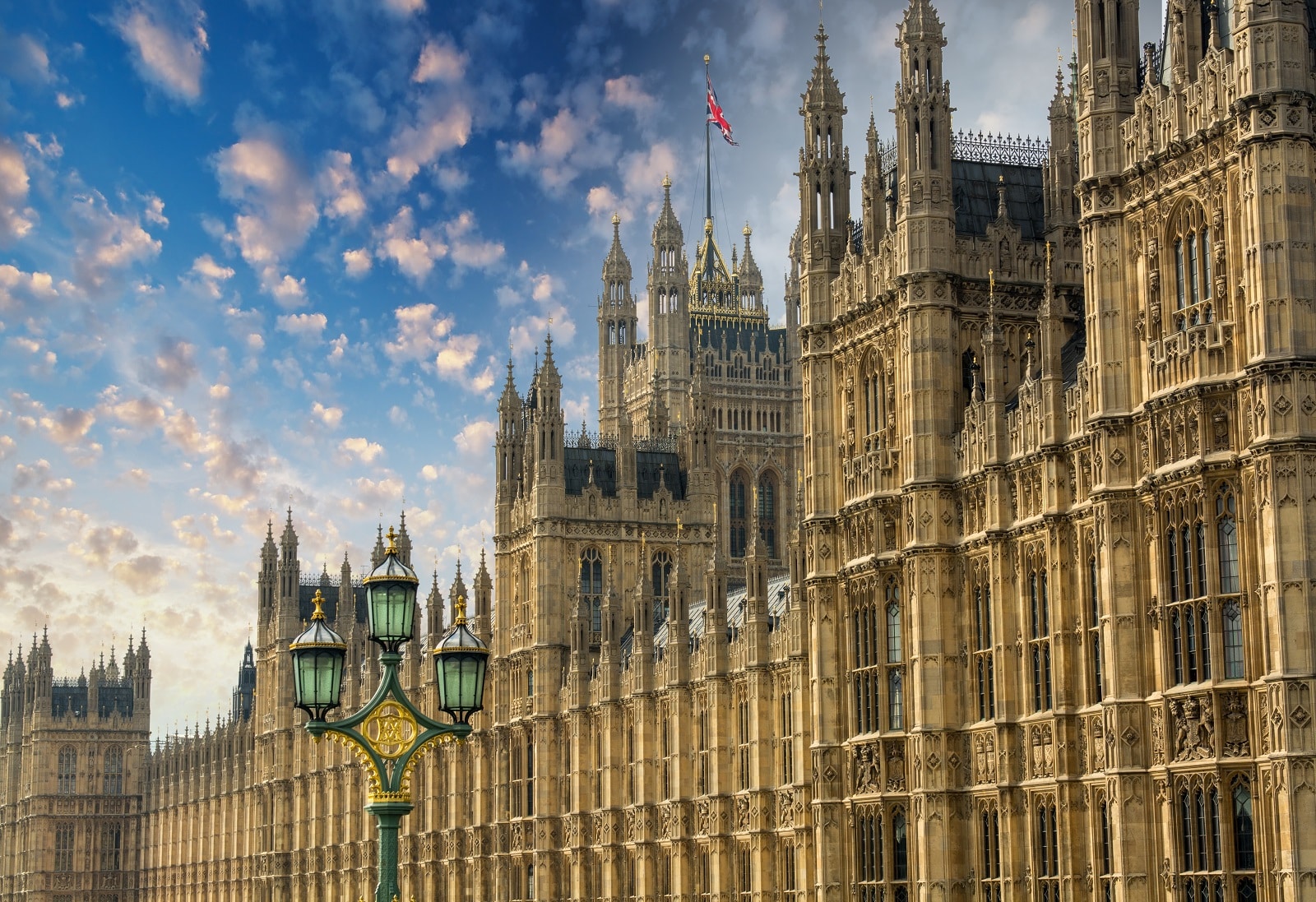
These events, among others, have shaped the UK economy over the last 50 years, presenting challenges and opportunities alike. As we look to the future, the lessons learned from these tumultuous times will undoubtedly inform the next chapters of the UK’s economic story, crafting a narrative of resilience, adaptation, and innovation.
More Articles Like This…
Broken Britain: 12 Reasons Behind the UK’s Decline
Say the Unsayable: 10 Occasions When Farage Spoke His Mind About Britain
The post 25 Events That Defined the UK Economy first appeared on Edge Media.
Featured Image Credit: Shutterstock / Delpixel.
For transparency, this content was partly developed with AI assistance and carefully curated by an experienced editor to be informative and ensure accuracy.

